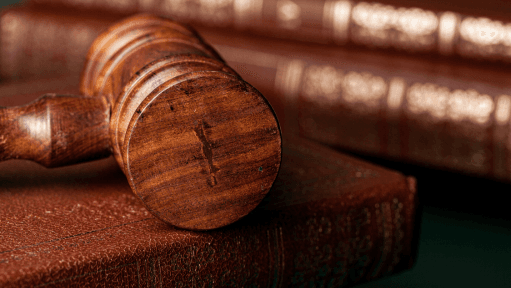
The Evolution of Laws and Legal Systems: A Historical Journey
The history of laws and legal systems is a fascinating journey that spans millennia, reflecting the evolution of human societies and the complex dynamics that shape their governance. From ancient codes etched in stone to modern legal frameworks, the development of laws mirrors the changing needs, beliefs, and values of civilizations across the globe. This essay will explore the key milestones in the evolution of laws and legal systems, examining the diverse paths that different cultures have taken to establish and refine their systems of justice.
Ancient Legal Codes:
The roots of formal legal systems can be traced back to ancient civilizations that sought to regulate human behavior and resolve disputes within their communities. One of the earliest known legal codes is the Code of Ur-Nammu, dating back to around 2100-2050 BCE in Sumeria. However, it is the famous Code of Hammurabi, established by the Babylonian king Hammurabi around 1754 BCE, that stands as a hallmark in legal history. Inscribed on a stele, Hammurabi's code consisted of 282 laws that governed various aspects of life, from commerce to family matters, and prescribed punishments for violations.
Classical Legal Traditions:
The ancient Greeks and Romans contributed significantly to the evolution of legal thought. In ancient Athens, the concept of democracy played a crucial role in shaping legal principles. The Athenian legal system included a jury system where citizens participated in the administration of justice. Meanwhile, in Rome, the Twelve Tables (449 BCE) laid down the foundation for Roman law, emphasizing principles of fairness and equality before the law. Roman legal ideas, especially those of jurists like Cicero, influenced later legal developments in Europe.
Religious Influence on Laws:
Religious texts and doctrines have also played a pivotal role in shaping legal systems. The Judaic tradition, with the Mosaic Law, introduced the Ten Commandments and a comprehensive set of rules governing various aspects of life. In medieval Europe, canon law, derived from the teachings of the Christian church, coexisted with secular laws and influenced legal proceedings. Similarly, Islamic jurisprudence, based on the Quran and Hadith, has been a fundamental source of legal principles in many Middle Eastern and North African societies.
Medieval and Feudal Legal Systems:
The medieval period saw the emergence of feudalism, and legal systems were often decentralized, with local lords exercising authority over their territories. Customary laws, developed over time within specific regions, guided communities in dispute resolution. As medieval societies transformed, centralized authorities began to assert control over legal matters, leading to the gradual development of more unified legal systems.
The Renaissance and the Enlightenment:
The Renaissance and Enlightenment periods marked significant shifts in legal thinking. Legal scholars during this era, such as Hugo Grotius and John Locke, laid the groundwork for modern concepts of natural law and individual rights. The Enlightenment's emphasis on reason and rationality fueled the development of legal systems that sought to balance the power of the state with the protection of individual liberties.
Modern Legal Systems:
The 19th and 20th centuries witnessed the codification and formalization of legal systems across the globe. The Napoleonic Code (1804) in France, influenced by Enlightenment ideals, became a model for legal reforms in many European countries. Common law systems, rooted in English legal traditions, spread through the British Empire and continue to shape legal systems in numerous jurisdictions today.
International Law and Globalisation:
The 20th century saw the establishment of international legal frameworks, including the United Nations and various treaties, to address global challenges. Human rights, environmental regulations, and trade agreements reflect the interconnectedness of nations and the need for cooperative legal solutions in the face of transnational issues.
The evolution of laws and legal systems is a testament to humanity's quest for justice, order, and the protection of individual rights. From ancient codes etched in stone to modern, complex legal frameworks, the journey has been marked by diverse cultural influences, philosophical shifts, and the constant adaptation to societal changes. As we navigate the complexities of the 21st century, understanding this historical evolution provides valuable insights into the foundations of our legal systems and the ongoing quest for a just and equitable society.
For any enquiries or information, contact ask@tlr.ae or call us on +971 52 644 3004. Follow The Law Reporters on WhatsApp Channels.